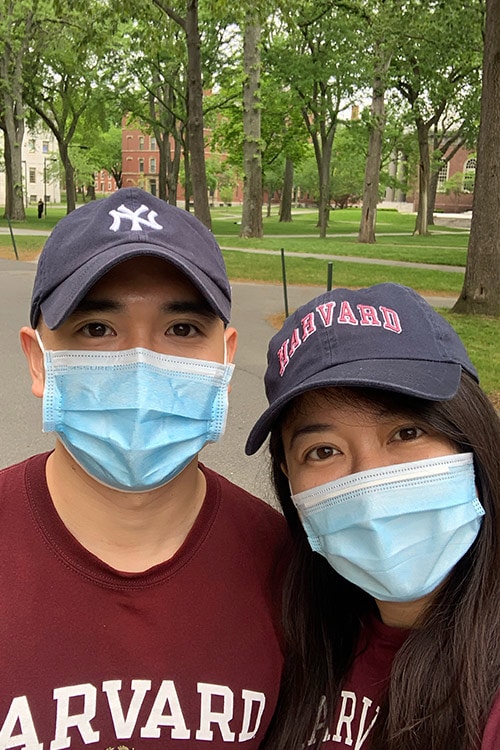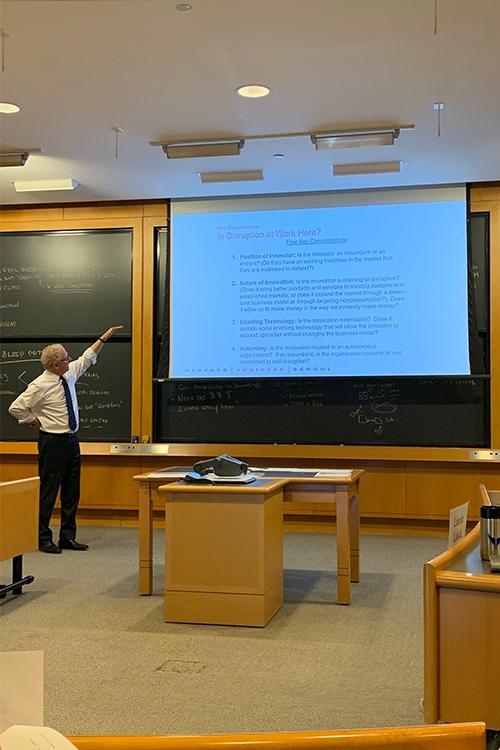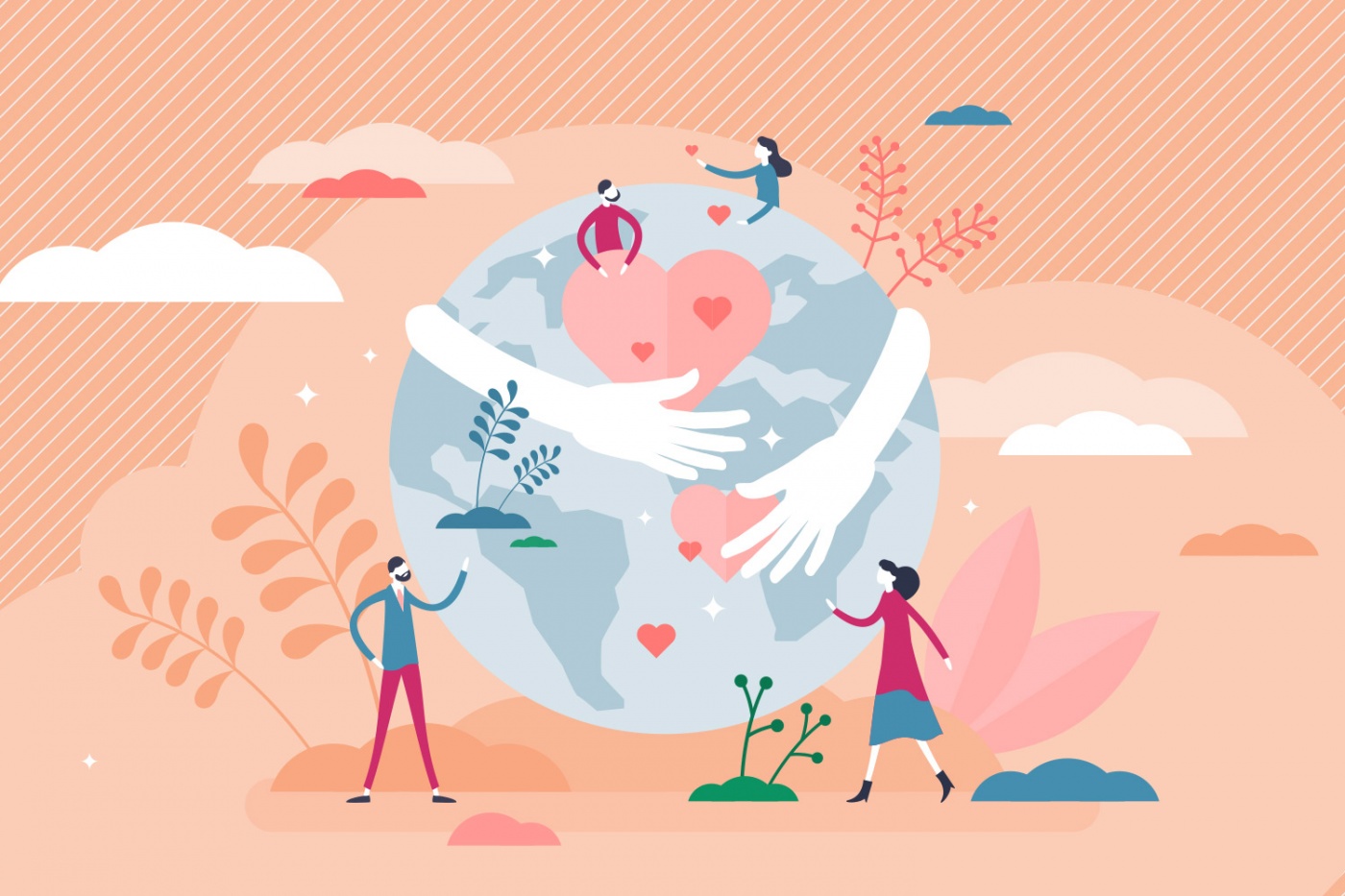What the World Needs More Of
“What if 2020 isn’t cancelled?
What if 2020 is the year we’ve been waiting for?
A year so uncomfortable, so painful, so scary, so raw—that it finally forces us to grow.
A year that screams so loud, finally awakening us from our ignorant slumber.
A year we finally accept the need for change.
Declare change. Work for change. Become the change. A year we finally band together, instead of pushing each other further apart.
2020 isn’t cancelled, but rather
the most important year of them all.” — Leslie Dwight
I remember reading this post several weeks ago, and thinking: yes, this year definitely did not go as planned. Then again, since when does life turn out the way you want it to? It has been a rollercoaster ride, and when I take a step back, this is perhaps the year I needed to put things into perspective. A year the world needed. A shock to the system to ask ourselves, “What does the world need more of?”
2020: the year that I was due to graduate from Harvard, and start the next chapter in my career and my life. I was anticipating the arrival of my husband and family in Cambridge, Massachusetts, to celebrate this important milestone together. I would also be the first person in my family to graduate with a master’s degree, and was also nominated as class marshal by my graduating class—an honour and award given for leadership and contribution to the Harvard community. Had it not been for Covid-19, I would have led my class onto the stage, witnessed my parents’ beaming faces, and been celebrating this moment with my family and friends in Harvard Yard.

Instead, Harvard had a virtual graduation. My husband was in California, while my family was in Singapore, and they tuned in online to watch the ceremony. My brother drove up from New York City to be with me, and we celebrated his birthday, which fell on the same day as my graduation. We stood in Harvard Yard and improvised: I wore a Harvard baseball cap instead of a mortarboard and he pretended to be the graduating speaker. It wasn’t what I had imagined, but a pandemic made me cherish the moments that I had with my loved ones more.
Shortly after, I packed up my life in Cambridge and moved across the country to California, right when the Black Lives Matter protests began. Arriving in the middle of it was unexpected. But I was thankful to be reunited with my husband again, after having been apart for months.
I wanted to take a break after graduation, but I knew I had to stay engaged. My commitment to social justice and social impact work was needed now, more than ever. I did what I could, by holding space for conversations and community, sharing resources, engaging in dialogue, amplifying voices where I could. My heart felt like it was breaking and healing all at the same time: breaking for the years of violence and injustice in this system, and healing because I also saw hope in this moment of awakening.
So when I ask myself that same question, here’s what I came up with:
Listening—deep generative listening. The willingness to pause, sit down, and listen without judgement: to the people around us (not just the loudest voices but the quiet ones too), to those who agree and disagree with us, and to the voices inside us. One of my favourite classes I took this year was at MIT, called U-Lab: Transforming Self, Business and Society, taught by Otto Scharmer, the co-founder of the Presencing Institute and the author of Theory U, which U-Lab is built on. One of the exercises we had to do was to go on an empathy walk with a complete stranger, and simply listen. We often feel compelled to respond, but what the world needs right now, is what Otto calls “Level 4 Listening”—holding the stillness and space for someone else to truly just be, without fear of judgement. And learning to listen to the possibilities that seek to emerge. Practise deep generative listening not just with strangers, but also with the people closest to us in our lives.

Learning—and unlearning. Learning mustn’t stop at any age or when you leave school. We can learn from anyone, even those we disagree with. If you’re watching the protests in the US and wondering how this affects you where you are, this is an opportunity to get curious about the larger systemic issues such as injustices and racism that also are present closer to home. If you’re noticing the effects of the pandemic disproportionately affecting marginalised groups, start doing some research and be more informed. Do not, get caught up in the guilt. One of my professors, Houman Harouni, said that guilt paralyses us. We cannot let fear paralyse us from learning and growing. While biases might still exist, we can choose to unlearn our habitual reactions to them. It might be uncomfortable to engage, especially if you experience certain forms of privilege, but the journey is enlightening.
Letting go—of systems, people and things that no longer serve. “It’s always been this way,” is not an acceptable response. At work, at home, in the community, in the world—accepting systems and structures because they are the status quo will not move us forward to create a more just, more inclusive, more equitable world. Then, there is the letting go of “what could have been,” after giving ourselves time to grieve the plans we had for the year. I was crushed when I found out that my last few months at Harvard would be spent fully online, and that my family wouldn’t be able to attend my graduation. (I’m still not sure when I’ll be able to see them again.) But when I allowed myself to gently grieve that loss, and turned my energy to staying connected in whatever way I could, I found a sense of freedom and possibility that only came with letting go of my attachments to what could have been.
One of my wisest professors, Robert Livingston, said to me, “Keep an open mind and see this as an opportunity to explore, rather than seeing it as something that is constraining you. This is an opportunity to be a free spirit—to do something you ordinarily wouldn’t do and say, an adventure awaits when I break out of my comfort zone and my narrow focus of what I want to do, and pursue something that is completely out of the box. It might actually be a chance at freedom, to ride with it and see what happens. There are very few moments in life to step off a paved road and path. You can always choose to come back to the main road.”
Lifting each other up—instead of tearing each other down. If you’re privileged, don’t be ashamed of it. Use it to lift other voices up. You do not need to be at the front of the movement to make change. One of my favourite books I read this year was called Followership, by Barbara Kellerman, for a class at the Harvard Kennedy School called The Leadership System: Leaders, Followers, Contexts. We lament about not having better leadership in times of crisis, but what we really need, is better followership. When I ask myself what my next career move will be, and where I can be most effective, I think about how I can be a better and more engaged follower in the work I hope to do. The complexity of the issues at hand today require collective consciousness-raising and collective action. Covid-19 isn’t just a public health issue; it is an education issue. An economic issue, and an equity issue. We need to amplify marginalised voices and be kind as engaged followers to create a more connected, inclusive, empathetic world.
Love—deep, radical tenderness. Love is not just about the soft, tender moments. Love is strong, fierce and unwavering. Radical tenderness is about being critical and loving at the same time. As Dani d’Emilia and Vanessa Andreotti write, radical tenderness is “knowing that people can begin to heal when they are heard.” It is about being open to the learning that happens in our shadows, and the ability to bear witness to pain and suffering with compassion and hope. Love is the glue that holds humanity together, that heals broken wounds and lets the light in. We need the kind of love where we are willing to look in the eye of our nemesis and say, “I see you.” When we were little, my mother used to play this song by Burt Bacharach for us, “What the world needs now is love, sweet love, not just for some, but for everyone…” Love is creating space for everyone to thrive and to have the ability to live their fullest lives.
Maybe 2020 isn’t cancelled. But an important reminder for us to listen, learn, let go, lift each other up, and love a little more. We still have the second half of 2020 left, so let’s make each moment count.
***
Jiezhen is an Equity & Inclusion Fellow and part of the Mindful Leaders Collective at Harvard, where she just completed her Masters in Education with a focus on leadership and inclusion in organizations. Before Harvard, she worked in social innovation and social impact for several years—leading a social enterprise and media platform in Asia and facilitating global summits and spaces for well-being for changemakers and collaborators. She also holds a degree in positive psychology, is a certified yoga teacher (RYT200) and positive psychology coach.


